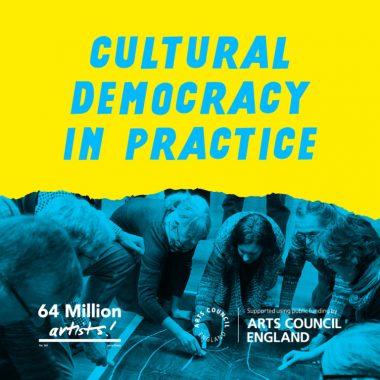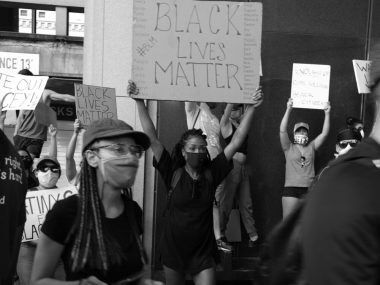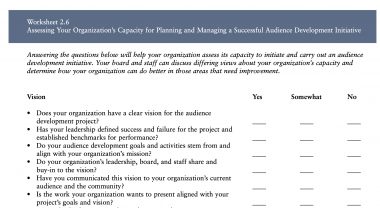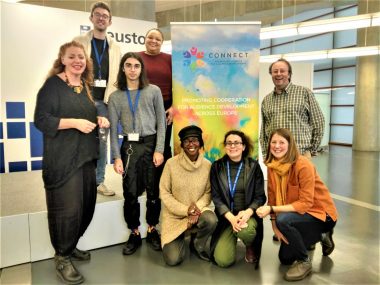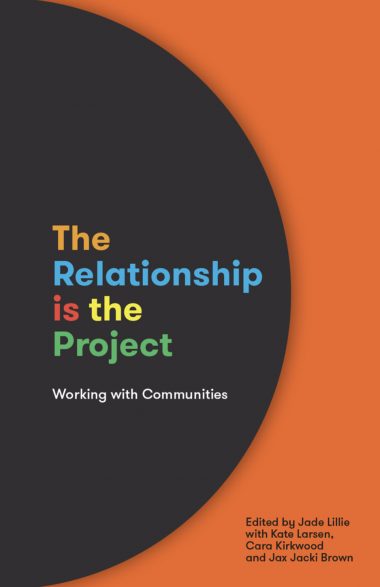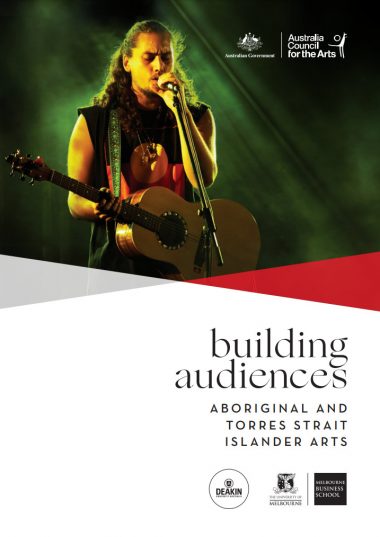Understanding responsibilities to the audience and communities should be a part of an organisation’s vision. However, you need to be thoughtful about your approach.
Instead of assuming communities of colour are in need of help, assistance or uplifting, you should be firstly aware that the arts need them. Diverse communities have always produced their own arts, films, events, and festivals. By supporting and listening to diverse audiences, we can build more bridges to facilitate participation in more cultural experiences.
Most people, regardless of cultural background, attend cinemas, listen to music, and enjoy pop culture. So the question is, are they coming to cultural experiences produced by institutions such as theatres, museums and galleries? Arts, from the majors to community based arts organisations, need communities of colour as allies, audiences and collaborators. Banks have been working with diverse people and have had migrant outreach and marketing since the 1970s.
Referring to disengaged groups as ‘hard to reach’ is a misnomer. They are not hard to reach. There is no ‘problem’ or challenge, with the communities. Communities are not homogenous. They pay taxes, buy houses, attend educational institutions and work in business and government. Around the world in countries like the UK, USA, Australia and Canada, there are significant populations that are not white. So what makes it difficult?
If white-led institutions are struggling to engage with communities of colour, they need to extend an invitation – and ask: What do you like? What don’t you like? How can you feel at home?
America’s leading audience diversity expert, Donna Walker-Kuhne, says it’s about “inviting people to the table”. Instead of waiting for your audience, take the initiative and come to them.
Fotis Kapetopoulos, Australia’s leading ethnic audience and media expert, says: “pop-up performances, workshops, meet-and-greet events, and activities in schools, churches, businesses and community associations can also help create awareness and make people feel like they are invited to the party. Hospitality is a serious aspect of political and social engagement.”
This website focuses on ethno-cultural, migrant, refugee and minority ethnic racial equity in the arts and creative sector. Working with First Nations communities and cultural material requires very specific frameworks, protocols and standards that this website does not attempt to address. Find out more.
